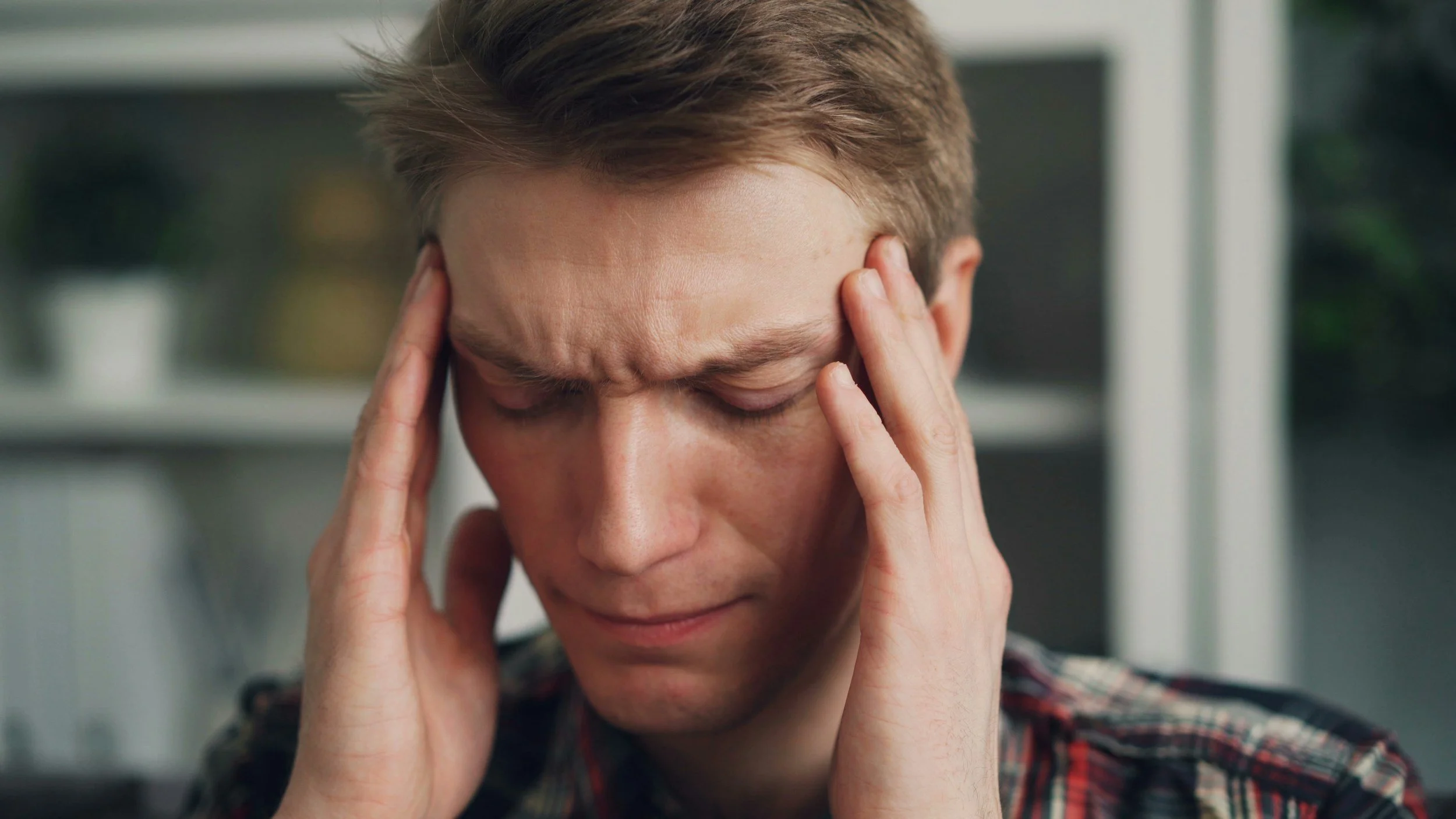
Concussion Rehabilitation
What is Concussion Rehabilitation?
Concussion rehabilitation is a specialized form of physical therapy designed to help individuals recover from a concussion—a mild traumatic brain injury caused by a bump, blow, or jolt to the head. While most concussions resolve within a few weeks, some people experience lingering symptoms such as headaches, dizziness, balance problems, fatigue, vision issues, or difficulty concentrating. This is known as post-concussion syndrome.
Concussion rehab focuses on addressing these symptoms through a personalized treatment plan that may include:
Vestibular therapy for dizziness, vertigo, and balance problems
Oculomotor training to improve eye tracking and visual coordination
Cognitive and physical exertion therapy to safely reintroduce physical activity
Neck and spine treatment if whiplash or musculoskeletal issues are present
Education and symptom management strategies to support recovery and prevent re-injury
The goal of concussion rehabilitation is to help patients return to school, work, sports, and daily activities safely and confidently. Early intervention can significantly shorten recovery time and reduce the risk of long-term complications
Do you experience any of the following? We can help!
Headache or migraines
Neck or jaw pain
Nausea
Dizziness
Balance issues
Fatigue
Sleep changes
Drowsiness
Light or sound sensitivity
Feeling more sad
Feeling more irritable
Difficulty concentrating
Difficulty remembering
Numbness or tingling
Visual problems
Muscle weakness
Tremors
Ataxia (lack of muscle coordination)
What Next?
At Shift Physical Therapy we understand how these conditions can negatively influence the development of how you move safely. We are devoted to providing one-to-one care with individualized treatment programs in a peaceful and
What to Expect:
At your first visit, a physical therapist will evaluate your neck’s range of motion, stability, strength, and muscle tension. They will also assess your neurological system, including cranial nerve function, vestibular system, balance, and coordination. Following the evaluation, you and your physical therapist will work together to develop a personalized treatment plan..
How soon can I start physical therapy after a concussion?
The sooner we begin, the better. Even if you're experiencing significant pain and symptoms, research shows that early movement and retraining of the brain can significantly accelerate your recovery.
Treatment options may include:
Vestibular training
Visual (oculomotor) training
Benign Paroxysmal Postitional Vertigo (BPPV)/crystal re-aligment
Decreasing sensory overload
Proprioception training
Body awareness training
Balance training
Cervical stability training
Return to sport training
Dry needling
Myofascial decompression
Soft tissue massage
Management of Pain
Meet Your Therapist
Dr. Hannah Shields, PT, DPT
Physical Therapist
Hannah completed her Doctor of Physical Therapy degree at Rocky Mountain University and holds a Bachelor’s degree in Business Management with a minor in Spanish from Brigham Young University-Hawaii. She specializes and has extensive training in concussion care, pelvic floor therapy, and orthopedic rehabilitation. Drawing from both professional expertise and personal experience, Hannah effectively helps individuals of all ages and backgrounds recover from injuries, manage chronic pain, and restore their quality of life.
During her time at Cognitive FX, Hannah refined her skills in treating conditions such as post-concussive syndrome, traumatic brain injury, stroke, vertigo, long COVID, and other neurological disorders. She is especially passionate about educating athletes and helping them safely return to their sport while reducing the risk of future concussions.
In addition to her clinical expertise, Hannah has a background in personal training and Pilates. Outside of her professional work, she enjoys hiking, surfing, climbing, snow skiing, and water skiing with her family



